
Speech Assessment for children
Lycali uses a range of formal speech assessments and informal clinical observation to assess phonological awareness and speech sounds.
What is speech?
Speech is how we produce sounds using our tongue, lips, palate, and respiratory system.
Speech refers to:
Speaking without hesitating too much or without repeating or elongating words or sounds
Being able to produce sounds like ‘s’ and ‘z’ clearly and blend phonemes together to make words so people can understand what you say
Speech red flags
You may notice the following difficulties in your or your child's speech:
Difficulty with producing speech sounds
Being misunderstood by others
Parents or caregivers may have to translate for you
Withdrawing from communicating with others
What to expect in your child’s Speech Assessment
The informant (someone who knows the child well in the home context) will complete a case history with one of our speech and language therapists either via the telephone or face-to-face. This will usually take place prior to meeting your child. The clinician will take a detailed history of your child’s presenting difficulties, past medical history, developmental history, and family history. This lasts for approximately 30 minutes.
Your child’s case history
Your child’s Speech Assessment may take place in our clinic, in school or online. On the day of the assessment, the speech and language therapist will meet with your child and conduct an informal clinical observation and formal speech assessments focussing on:
Phonological processes
Articulation skills
Oro-motor development
Voice quality e.g., loudness, pitch, and quality of voice
We use lots of visuals and toys to capture your child’s attention and ensure they feel comfortable. This lasts for approximately 30-45 minutes.
We aim to complete the assessment with your child within 2 weeks of the appointment booking.
Your child’s Speech Assessment
TOP TIP
Using a mirror, encourage your child to look in their mouth and name what they see.
Encourage your child to gently place their hand on their throat and identify what sound makes a vibration e.g., ‘mm’ and ‘sh’.
Your speech and language therapist will formulate a differential diagnosis, taking into consideration all the above information. You will be provided feedback within 7 days of the assessment unless further information is required.
Once the assessment and findings have been discussed, a report will be written by the speech and language therapist and sent to you within three weeks. Our reports are comprehensive and include details of the assessment, information provided by you, a diagnosis if relevant, our understanding of your child’s difficulties, our recommendations for your child and lastly resources for you to explore.
The Speech and language therapist will also discuss how Lycali’s Services may be able to support on a 1-1 basis and whether your child would benefit from further investigation into their speech, learning, language and/or communication development.
We recommend that you share our report with your GP along with any other health care professional who is supporting your child (e.g., GP, Paediatrician, etc). Our report can also be shared with your child’s school and used towards an EHCP – Education Health Care Plan.
What happens after the assessment
Reviews
Leave us a review on Google: Leave a review
About Lycali
Lycali offers a professional and friendly service where time and attention can be taken to ensure the service received is of the highest standard and there is minimal waiting time. Our specialist team will always take the time to provide expert advice so you are aware of all the pre-and post-diagnostic and therapy services available. Our clinics are suitable for children and adults, and based in Thanet and surrounding areas. We provide online or in-person therapy sessions.
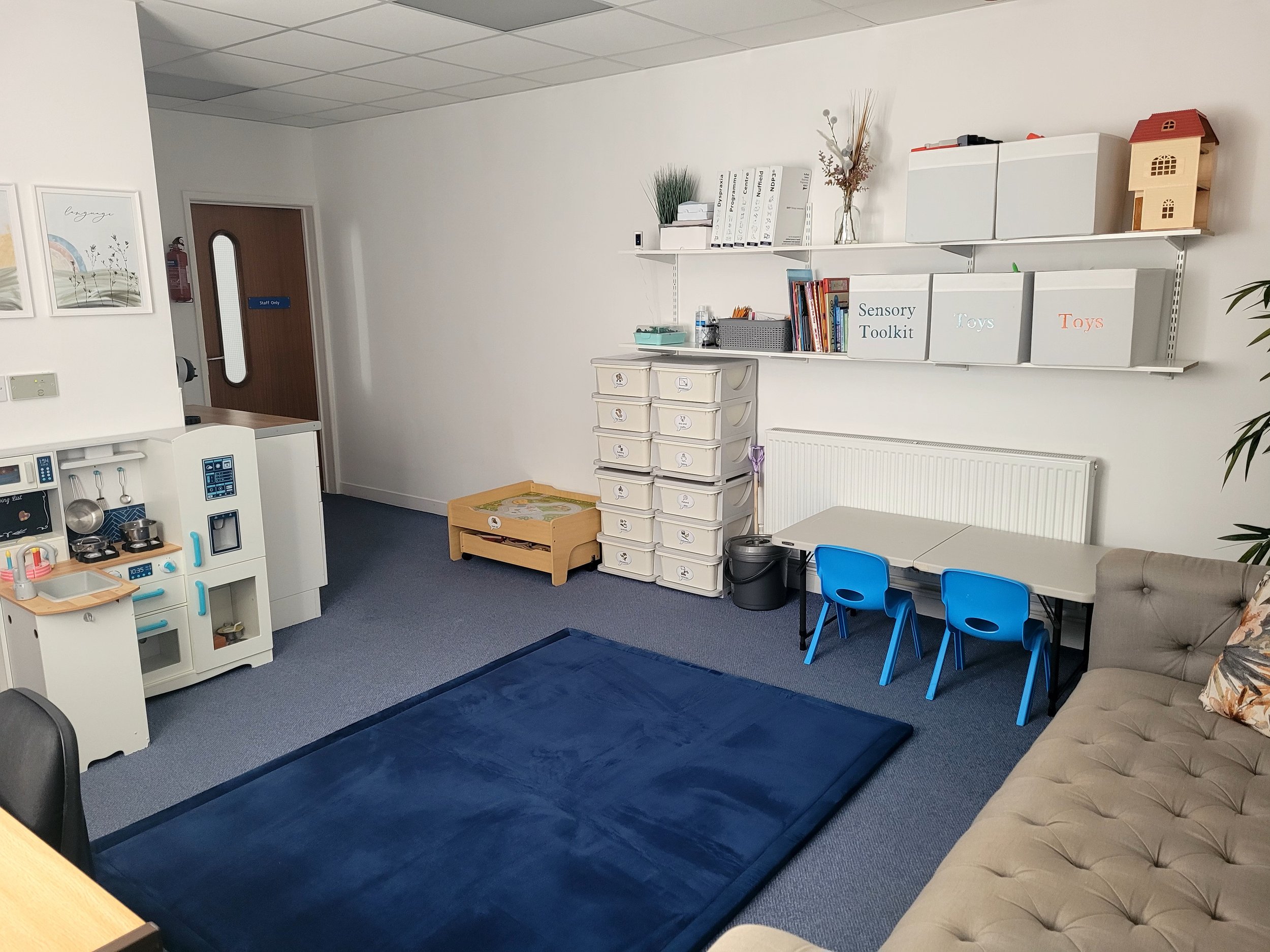
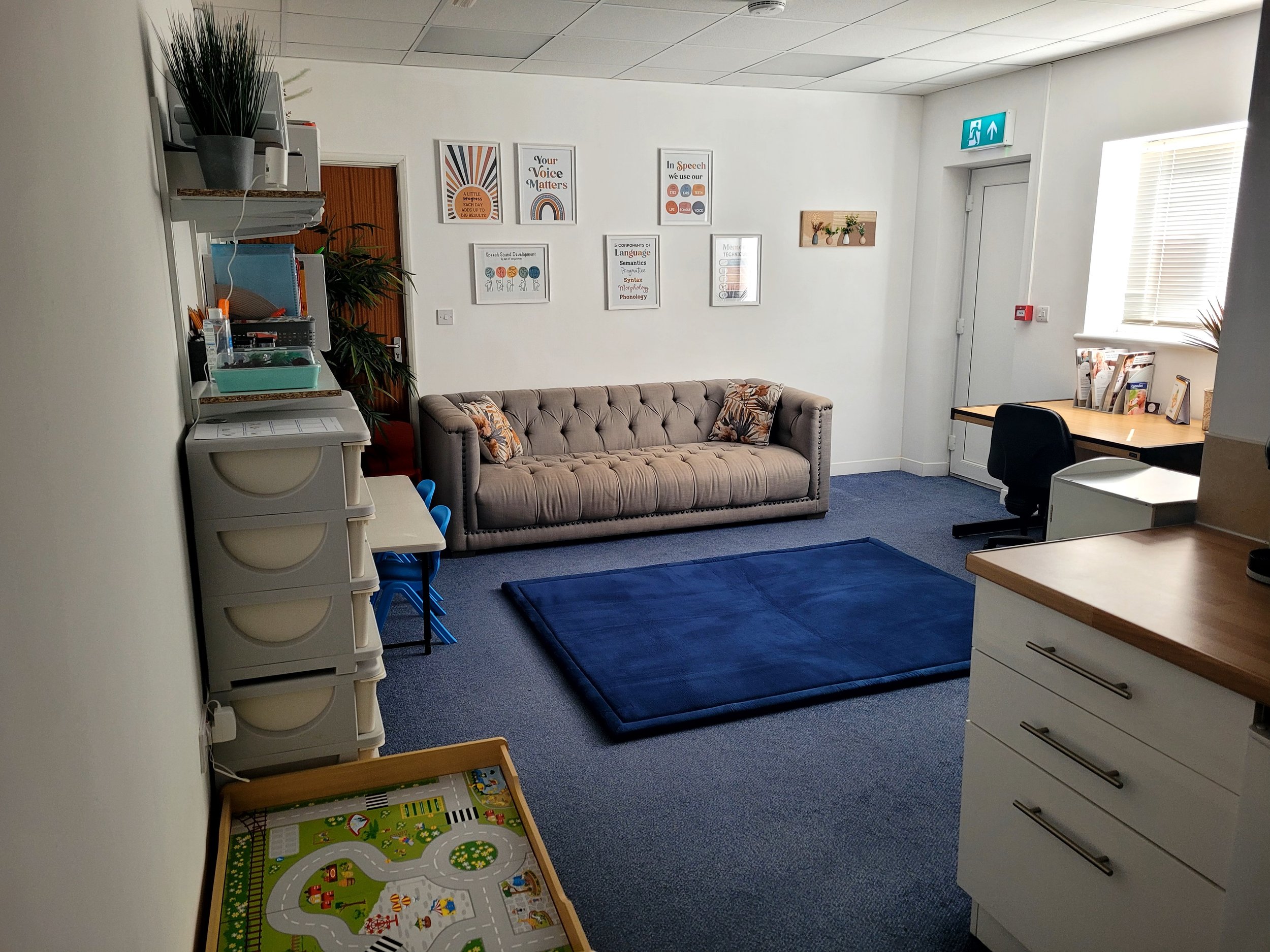

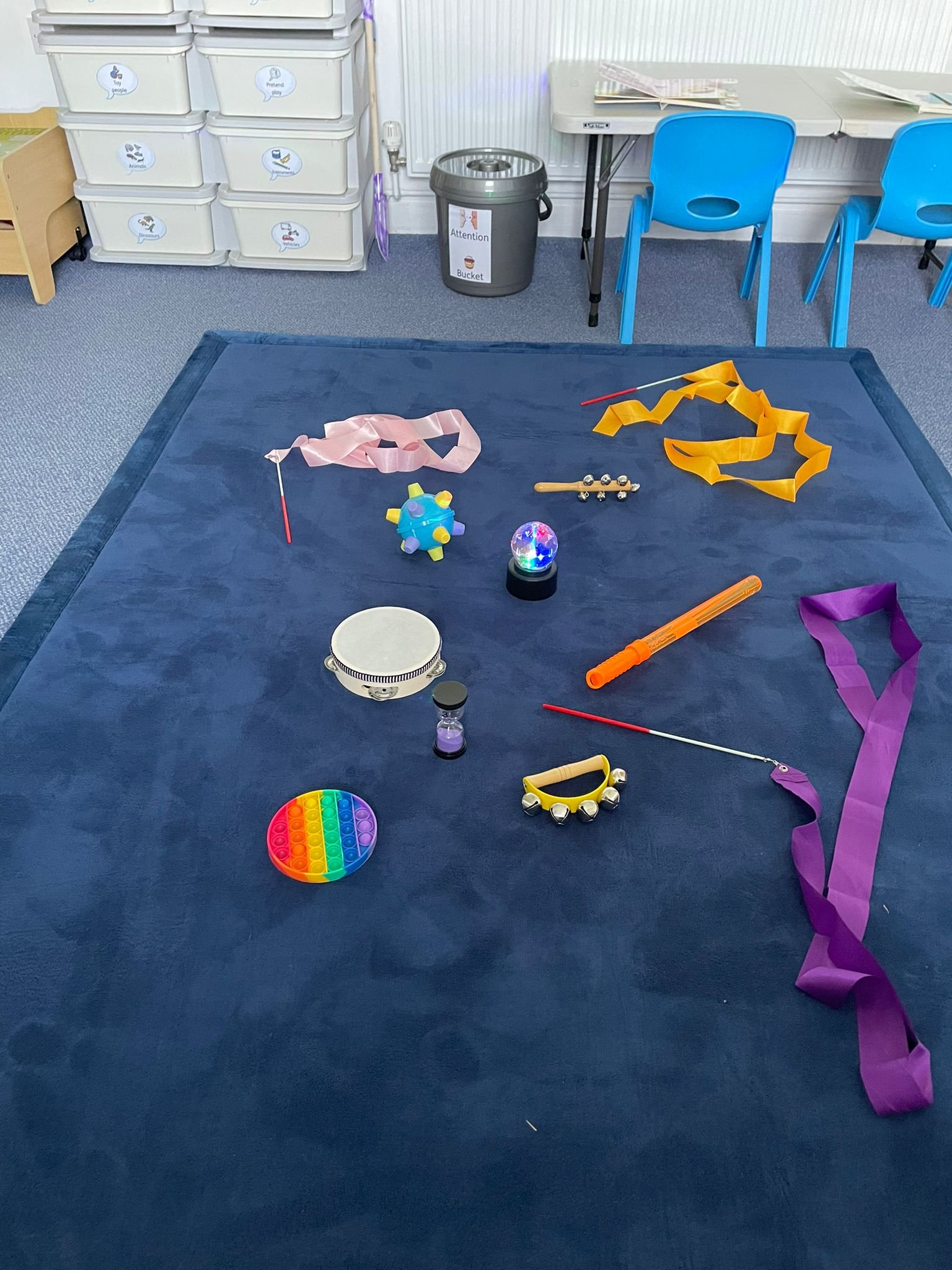
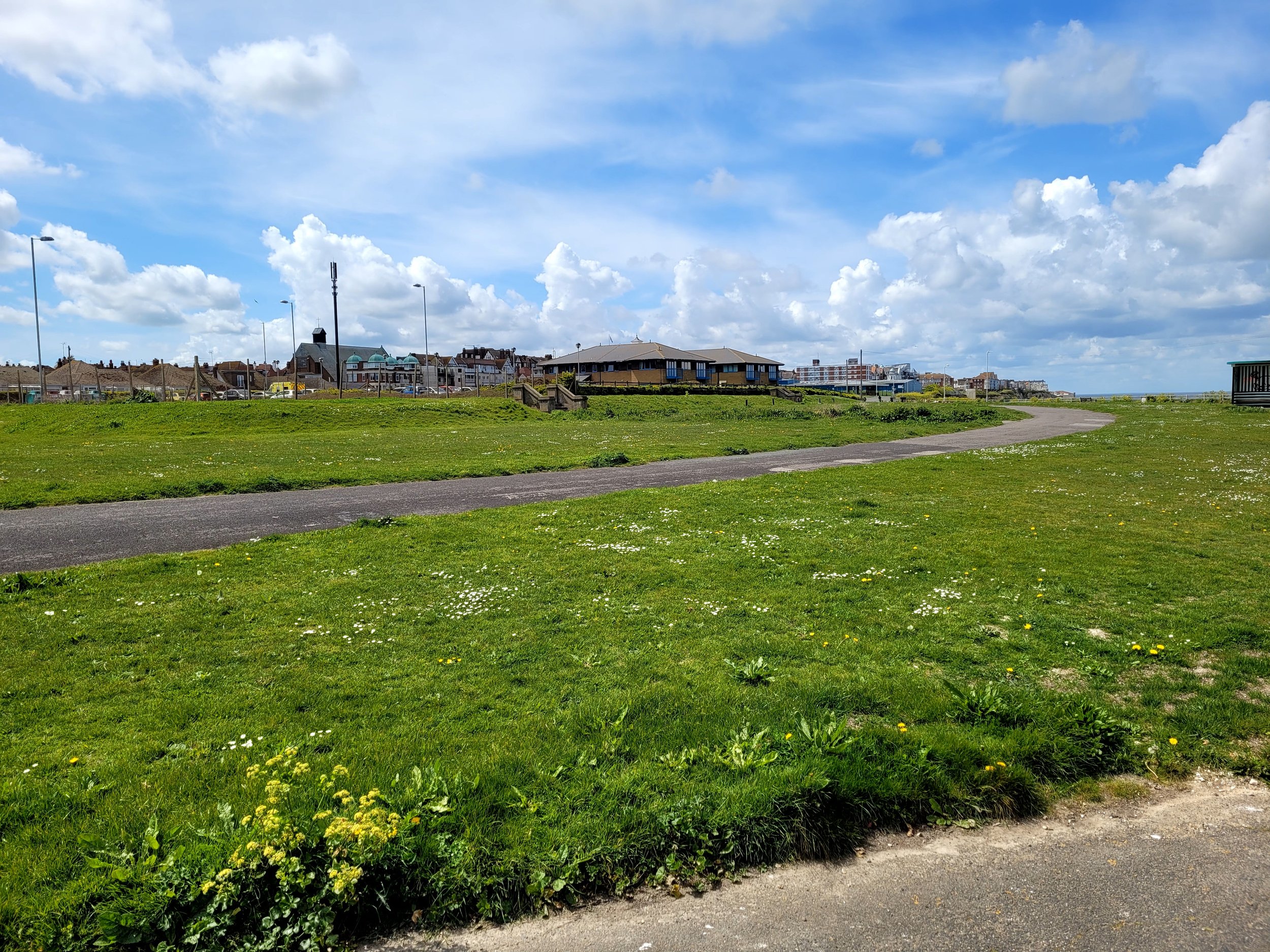
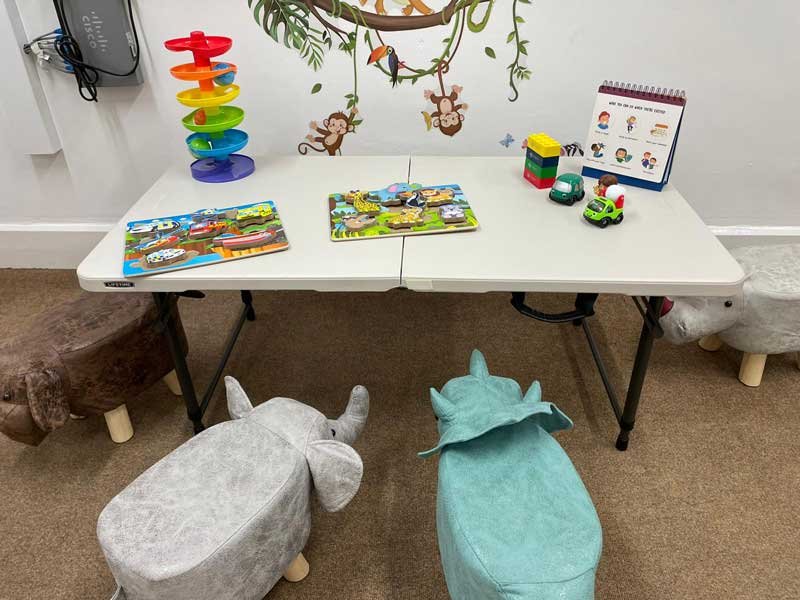




Because Every Individual Deserves to Be Understood




